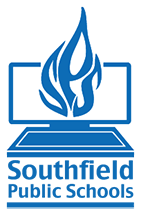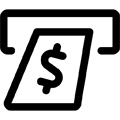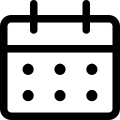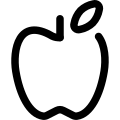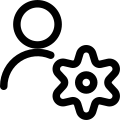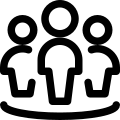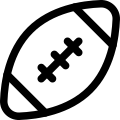Second Grade
Hi and Welcome to the 2nd Grade!
Click on the Teacher's name
Ms. Ballard Mrs. Lemon
We always have an adventurous and academic year!
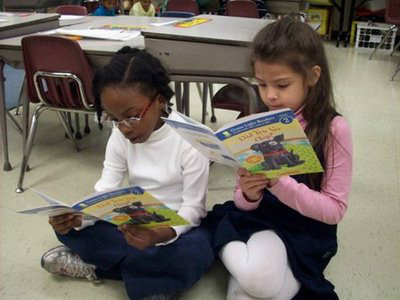
Seond graders work to become more responsible, independent learners. We focus on good manners, strong work habits, showing respect for self and others. Our school practices the 7 Habits of Highly Effective Kids. This aids us in becoming stronger students and leaders of tomorrow. We look forward to working as a team - parents, students and teachers – toward a very successful year!
We begin our growing responsibility by using a daily planner. It is here we record our assignments daily and expect parents to review and sign the planner nightly. This is a great place for on-going communication between home and school. The planner, along with a take home folder (which holds homework, notes and checked papers) goes home and returns to school daily.
Language Arts
Our program is a combination of a basil reader as well as trade books. We work in large and in small, guided reading groups each day. Components of our program include phonics, grammar, spelling, book-in-a-bag, daily oral language practice, listening and speaking skills. Our writing program uses Writer’s Traits and Lucy Caukin’s Units of Study.
The focus of our reading program covers the following areas:
- Phonemic Awareness
- Phonics
- Word Recognition
- Fluency
- Narrative and Informational Text
- Comprehension
We also assess in the fall and spring with a reading inventory called DRA.
The focus of our writing program covers the following areas:
- Genre Study
- Writing Process
- Grammar and Usage
- Developing a Personal Style
- Spelling
- Handwriting (printing and beginning cursive)
Math
In second grade, we use Everyday Math. The units of study cover the following areas:
- Numbers and Operations
- Measurement
- Geometry
- Data and Probability
- Technology
Science
Our science program includes the following broad topics:
- Constructing and Reflecting Scientific Knowledge
- Life Science
- Physical Science
- Earth Science
Social Studies
The curriculum is viewed through a few different perspectives including historic, geographic, civic and economic. We also learn inquiry methods and public discourse.
